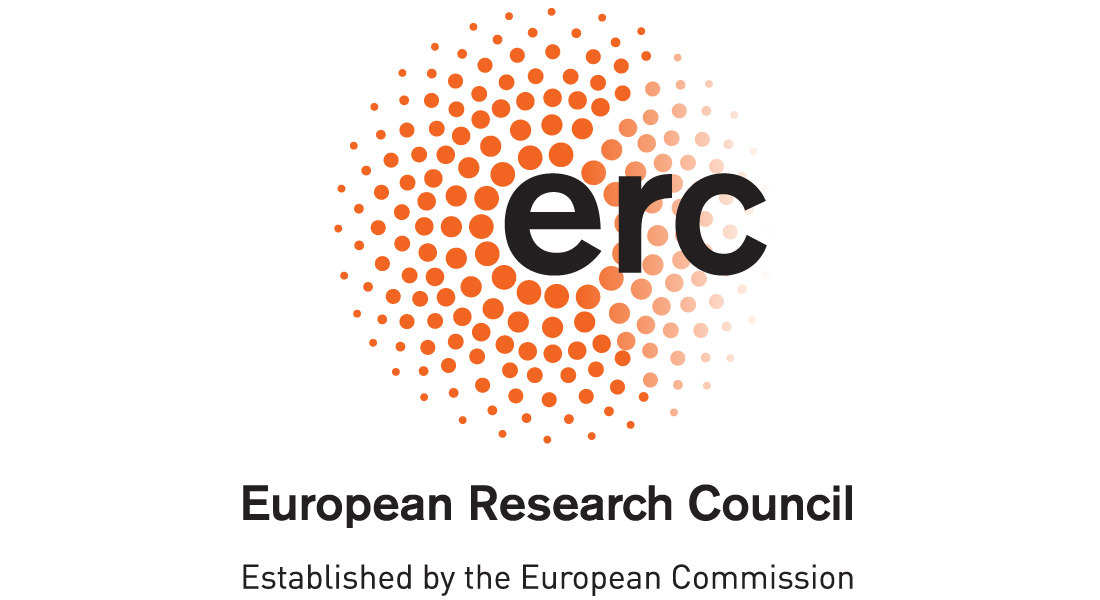Associate Professor Jakub Sedzinski Awarded ERC Grant
The European Research Council (ERC) has awarded Associate Professor Jakub Sedzinski, from the Novo Nordisk Foundation Center for Stem Cell Medicine, reNEW Copenhagen node, and his team, a two million euro grant for their work on understanding how mechanical forces regulate embryo development. The grant is awarded for a period of five years.
“Being awarded this grant reassures us that we are on the right path, that our ideas and vision are state of the art, and that people acknowledge the importance of our research and its impact on understanding fundamental biological processes,” said Associate Professor Jakub Sedzinski.
Under the ERC project, "Morphogenesis meets Cell Fate: Dissecting how Mechanical Forces Coordinate Development," the Sedzinski team seeks to explore the intricate formation of tissues and organs guided by cellular activity. This project centres on two key biological processes: morphogenesis, which shapes cell architectures, and cell fate acquisition, directing cells towards specialised roles. Within the developing tissue, these dynamic processes work in tandem, meticulously coordinated by mechanical forces, exemplified by actions like pushing or pulling, alongside chemical signals.
Traditionally, the prevailing belief regarding the biological processes of morphogenesis and cell fate acquisition was that the tissue environment played a dominant role in shaping the final form and function of tissues and organs. However, work by the Sedzinski group has challenged this perspective showing that, as cells undergo fate acquisition, they actively engage in remodelling the surrounding tissue within their environment. This paradigm shift suggests that, in the developmental process, it is not solely the tissue environment providing instructions to the cell; rather, it is the intricate interplay between both cell and tissue environment that collectively drives the ultimate shape and function of tissues and organs.

Supported by the funds from this ERC grant, the research group will dedicate the grant period to continuing unravelling the mechanisms through which cells perceive mechanical cues from their tissue environment. The focus will be on understanding how cells interpret this information, translate it into actionable responses, and subsequently communicate these responses to impact the surrounding tissue environment. The specific tissue under investigation in this project is the mucociliary epithelium, a specialised epithelial tissue found in various systems, with a particular emphasis on its role in lining the respiratory tract.
The PhDs and postdocs who will work within this group will be focussed on three major projects, combining knowledge from biophysics, engineering, computational biology and machine learning.
FORCE PROBING: Investigating the biophysical intricacies of how cells sense and reshape the tissue environment.
FORCE MODULATING: Scrutinising the influence of mechanical forces on cell fate acquisition during development.
PREDICTING CELL FATE: Employing computational biology and machine learning to ascertain the fate of a cell solely based on its behaviour.

“With this project we integrate different disciplines and approaches to deepen our understanding of tissue construction. By grasping the fundamental mechanical logic underlying our study in our simplified system, we can provide new insights into what is happening in the human airway. This knowledge enables us to characterise and comprehend the biology more effectively, but also to design engineering approaches that would aid patients with respiratory diseases in rebuilding impaired tissue,” said Associate Professor Sedzinski.
